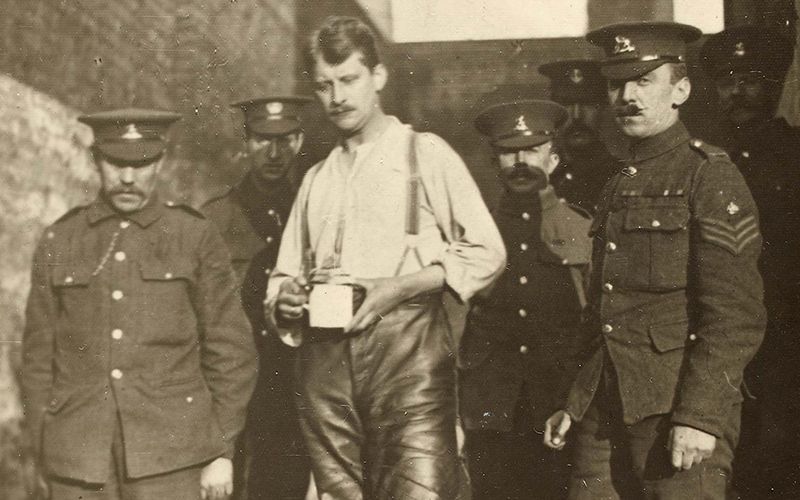| An illustration of the Five Points neighborhood |
When I walk through the streets of Manhattan these days I often find myself thinking of the 19th century Anglo Irish aristocracy. They would have felt perfectly at home here now, I believe.
The same feeling of familiarity and welcome would not apply for the tens of thousands of Irish paupers who fell out of coffin ships all along the East River, though.
For a start the Five Points and other classic Irish tenements are long gone. Nativist hordes could not have run the Irish out as efficiently as 2013 Manhattan rents would.
In the 14 years I have lived in New York City I have seen it increasingly become a refuge for the richest people in America, a kind of floating world or life raft insulated against the economic turmoil gripping the nation that it only lightly touches.
The brave new era of tall glass fronted buildings with doormen wearing grey suits and white gloves has arrived. Bad art fills the foyer of more and more prestigious high rise buildings, and the rich are literally moving up and up.
Think of them as modern castles. Think of those doormen as a growing army of guards to keep them safe.
And follow the money. Just a median Manhattan apartment will run you $820,555 now, up 5.9 percent from last year.
For the superrich the demand is even tighter. A penthouse on West 57th Street sold for $90 million recently.
Desperate buyers, low interest rates and rising prices makes Manhattan the one place in America where prices continue to inflate beyond your wildest dreams. But people keep coming. The city's population rose by 2.2 percent last year, which means 161,000 new residents.
Prices and availability always favor the affluent and the market here is actually teeming with all-cash buyers, which means it’s getting more expensive for everyone in all the boroughs.
Our home grown rich must now compete with foreign investors (Europeans, Brazilians and the Chinese) as the old New York of bricks and mortar disappears under the glass and steel towers they now apparently favor.
Mayor Bloomberg has often spoken of Manhattan as a luxury product. The Anglo Irish would have agreed with him.
Many of the most well-appointed homes and penthouses in the city now sit unoccupied for most of the year as their fabulously wealthy owners use them as vacation spots or sound investments.
In Ireland we used to call them absentee landlords. Even in their absence they made it impossible for the people who lived there to thrive.
The truth is there's no point in referring to all this as the gentrification of the city. Even the gentry can't afford Manhattan prices now.
So I wonder how long this can continue? How long can this island of wealth and privilege continue to prosper while the nation its anchored to struggles more and more?
In the 19th century our rural Irish ancestors found themselves tenants in their own nation. The majority of them paid rent to their Anglo Irish landlords to breathe their own air and till their own crops.
This order was strictly enforced by the roaming militias and agents up on the British coin up and down the country. It was a terrible time.
Up on their hills stood the great houses and the massive estates of the Anglo Irish, who lived in their castles rather like Count Dracula lived in his, exploiting the locals, literally drinking their blood and living on and on, generation after generation. (The man who actually wrote Dracula was the Anglo Irish novelist Bram Stoker; he certainly didn't have to look far for inspiration).
The 19th century in Ireland started off with the nation still reeling from the disastrous rebellion of 1798. Prisoners were being deported by the thousands to Australia, and sporadic violence kept flaring up.
To stem the rot, which also threatened to destabilize Britain, the Act of Union was signed, constitutionally making Ireland part of the British state. It’s passage in the Irish parliament was achieved in the traditional way, via mass bribery of the members of both houses who were awarded British and United Kingdom peerages and other lucrative “encouragements.” Call it the ultimate real estate deal.
In some ways the Rudy Giuliani era reminds me of that time. He laid the groundwork for the new era of glass and steel and immense privilege we now live in.
But just as the British were setting Ireland up for a series of wholly preventable disasters, I think this new anti-democratic model of the rich and the rest could have unforeseen consequences too.
The Anglo Irish, in their finery, never saw what hit them. I wonder if they'll say the same in Manhattan some day?




Comments